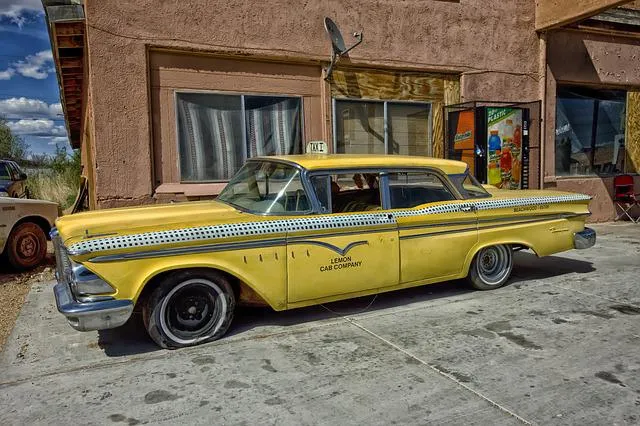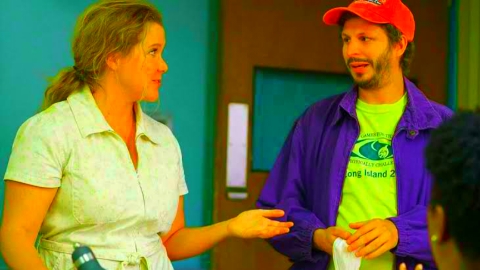The columns for fast charging of electric cars on the highway are very important to allow these cars to be able to travel long distances easily without people having to leave the motorway every time to look for a Fast charging station. As we know, Italy is lagging behind from this point of view. However, ASPI ie Autostrade per l’Italia, last year announced a project to equip the motorway network with an adequate charging network. A plan that is progressively moving forward and that will continue more rapidly during 2022.
To take stock of the situation, he thought about it directly Roberto Tomasi, CEO of ASPI, during a hearing before the Environment and Transport committees of the Chamber. Apparently, the goal for 2022 is to have 50 service areas with electric charging and then to reach 100 by June 2023.
They currently have about twenty projects underway for electric charging of cars in service areas and we will close this year with 50 service areas with electric charging and by June 2023 we will have 100 areas on the whole network with fast charging to recharge the ‘electric car in 15-20 minutes.
Charging points that will be located, according to what has been promised, about 50-60 km away from each other. We will see if ASPI will be able to keep these promises and to build these charging stations on time. To take care of this project, as we know, Free To Xthe new company created by the Autostrade per l’Italia Group.
Italian electric users know well how long they had to wait to be able to see the first charging stations arrive on the motorway. The delay to be bridged is really great, especially with regard to other European countries. All that remains is to wait and follow the evolution of this project, hoping that it proceeds smoothly.
During the hearing, Roberto Tomasi recalled that the economic-financial plan of ASPI “sees investments of 14.5 billion plus approximately 7 billion in maintenance activities, for a total volume of 21.5 billion, which will be carried out over the next ten years“.


